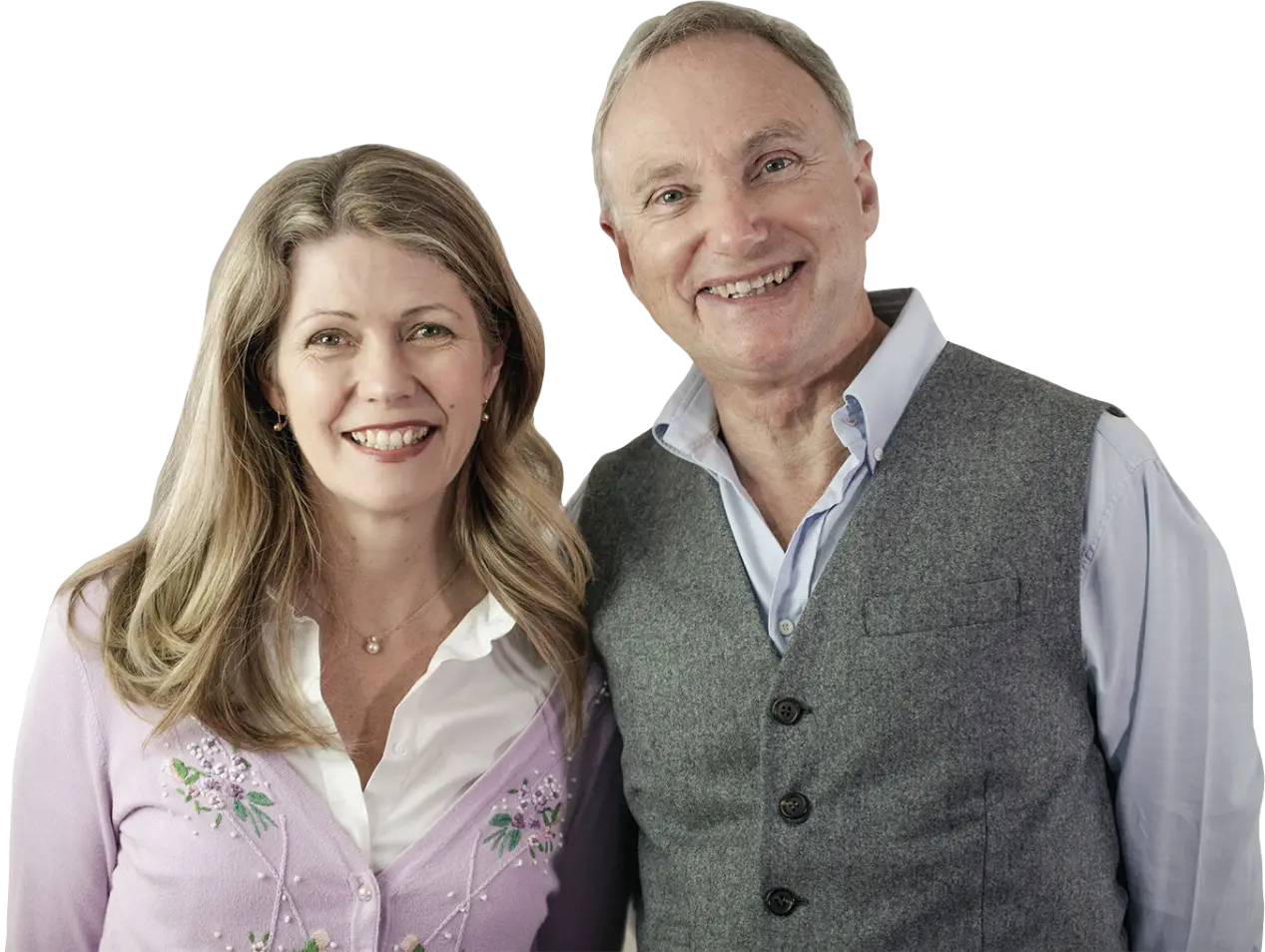Webcast: Non-Speaking Autism - 23rd May 2025
1:30pm - 4:45pm AEST (Brisbane Time)
Live training
with Michelle and Tony
To the recording
Handouts
Continuing Professional Development
Not being able to articulate thoughts, feelings, and choices using speech can lead to considerable distress for the autistic person and those who support them at home, school and in recreational and occupational activities. The distress can be expressed by agitated behaviour, destruction, and self-harm and can result in several issues, including exclusion from school and community events and burn-out for parents, carers, and professionals.
Participants will learn practical strategies to encourage speech, the value of alternative and augmentative communication systems, how to acquire new abilities and coping mechanisms for accommodating changes in routines and expectations, sensory sensitivity, and social engagement, and how to express and regulate intense emotions constructively.
The programme is based on scientific research, clinical wisdom and autobiographies of autistic adults who were non-speaking in childhood.
Participants will gain an increased understanding of severe speech and language disorders that co-occur with autism and how these can contribute to the emergence and maintenance of specific behaviour patterns.
Participants will develop an awareness of critical aspects of the learning profile associated with autism. Equipped with an understanding how autistic individuals learn, participants can apply this knowledge to their teaching and support methods as parents, carers, teachers, and therapists.
Intense interests or passions are often part of the autism profile. Participants will learn why they create and maintain their interests and when to re-direct or suggest alternative activities.
Social engagement issues are one of the defining features of autism and the source of considerable distress and confusion. Participants will leave the course with an understanding of the critical issues underlying social communication difficulties for a non-speaking autistic person and strategies for successful social engagement.
Some sensory experiences can be painful and overwhelming and critical in precipitating an emotional meltdown and avoidance behaviours. Participants will learn to recognise and assess the sensory processing differences associated with autism and create an autism-friendly sensory environment and strategies to cope with specific aversive sensory experiences.
Participants will learn why autistic people experience powerful emotions and exceptionally high levels of anxiety, which can underpin many of the behaviours associated with autism, such as an intolerance of uncertainty and imperfection, seeking routines and rituals and engaging in soothing motor movements.
Participants will leave the course understanding the neurology behind difficulties experiencing and expressing intense emotions. They will learn practical strategies to assist a non-speaking autistic person to manage their anger, anxiety and stress constructively. Participants will learn techniques for recognising the early signs of increasing agitation, how to intervene at each level and strategies for managing a meltdown.
Some of the issues non-speaking autistic people face that can lead to considerable distress are movement disorders such as apraxia and underlying medical problems such as epilepsy. The course covers various movement disorders and medical conditions associated with autism.


1:30pm - 4:45pm AEST (Brisbane Time)